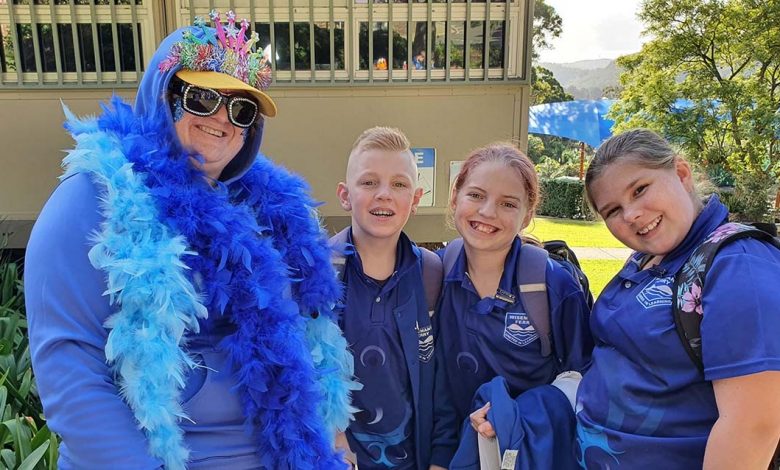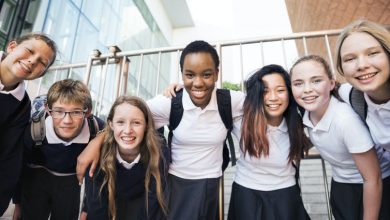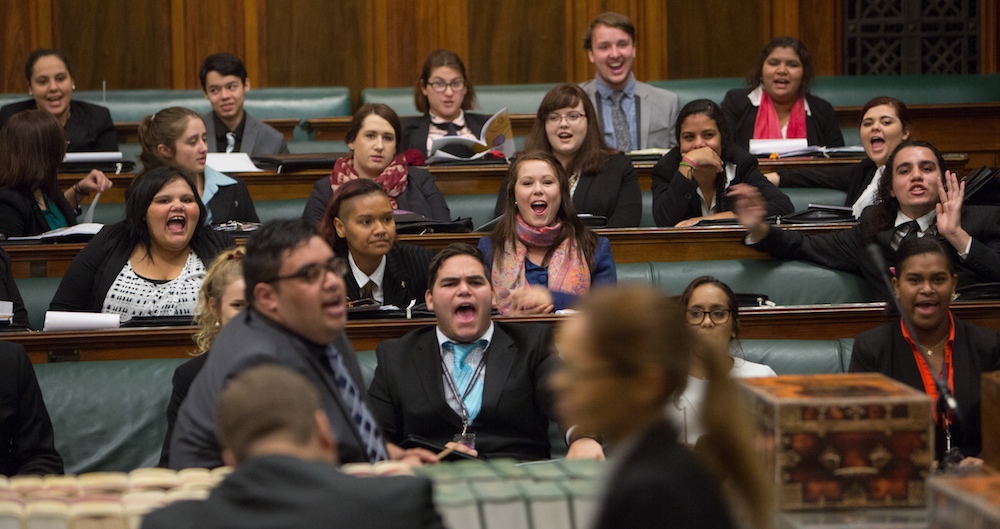Principals debrief on what they learned during pandemic shutdown

Good planning and strong school community partnerships have helped schools respond to the challenges of COVID-19, according to two principals who shared their school’s experience with Secretary Mark Scott on the Every Student Podcast.
Deirdre Dorbis, principal of Wisemans Ferry Public School, and Dwayne Hopwood, principal of Ashfield Boys High School, said having a plan in place made the quick response and shift to learning from home easier.
At Wisemans Ferry Public School, a school with 41 enrolments, the staff and students had already experienced disruption with bushfires impacting school operations in Term 4 last year followed by flooding earlier this year.
In Week 3 of Term 1 we were greeted with floods,” Ms Dorbis said. “The only way to get to school at that point was via boat, obviously not a safe option. So the students couldn’t get to school.”
Some students were unable to access the school for almost two weeks so teachers set up lessons to ensure students could continue learning from home, a practice that helped during the COVID-19 pandemic with all students completing one unit of work.
“It was a matter of refining our practice, learning from the floods to ensure that we could do it a little bit better, ensuring we were following our teaching and learning programs so students wouldn’t miss out on the learning.”

At Ashfield Boys High School, far removed from bushfires and floods, the focus was on planning for the worst from COVID-19 but hoping for the best.
“We had a really comprehensive educational continuity plan in place in anticipation that something would happen,” Mr Hopwood said.
The school used Google Classroom to deliver lessons to students online, loaning out school laptops and dongles to ensure students had sufficient access to both devices and internet.
Teachers at Ashfield Boys found the experience “overwhelmingly positive” but also challenging at times to keep students engaged with online learning.
Now that students have returned to school full-time, both schools are keen to get back to a sense of normality, working within the guidelines of restrictions.
“I’m very keen to get the boys back doing lots of the extracurricular activities that we run,” Mr Hopwood said.
Among several activities run at the school is a volunteering program with students recently acknowledged by the local council for teaching residents at a nearby nursing home how to use iPads and mobile phone technology.
At Wisemans Ferry, staff are eager to engage with their school community.
“We’re looking forward to welcoming our families back onto site so they can celebrate and participate in the student learning with us,” Ms Dorbis said.
Reflecting on the pandemic period and disruption from bushfires and floods, Ms Dorbis said keeping her students informed helped with their resilience and wellbeing.
“Our kids want to be at school and it was lovely when they all came back, it was like the first day of school all over again,” she said.
Mr Hopwood concedes the experience hasn’t changed his school community too much but strengthened what they already do, highlighting the important relationship between a student and their teachers.
“It’s reaffirmed for everybody the primacy and importance of face-to-face teaching,” Mr Hopewood said.
“The digital world is a great tool but it can’t replace the relationship and the magic that happens in a great classroom.”
Listen to the full episode now:
Read the transcript of Every Student Podcast: Deirdre Dorbis and Dwayne Hopwood.








I have worked with indigenous children and fully agree with the article in relation to kids recess. Something that really should have been addressed a long time ago as both the outside play areas and recess factors are vitally important in child learning and stronger community for students, recess should not only be a break from the concrete classroom structure but a relaxing area that offers challenge, safety and acceptance. Acceptance can certainly prove difficult both in western and Aboriginal groups. If we cannot hand out a card that students leave on teachers desks to show that they leave their judgements and fears at home rather than bringing into a school area, this is certainly a helpful start